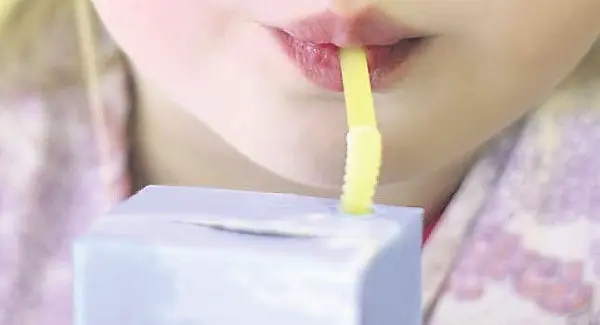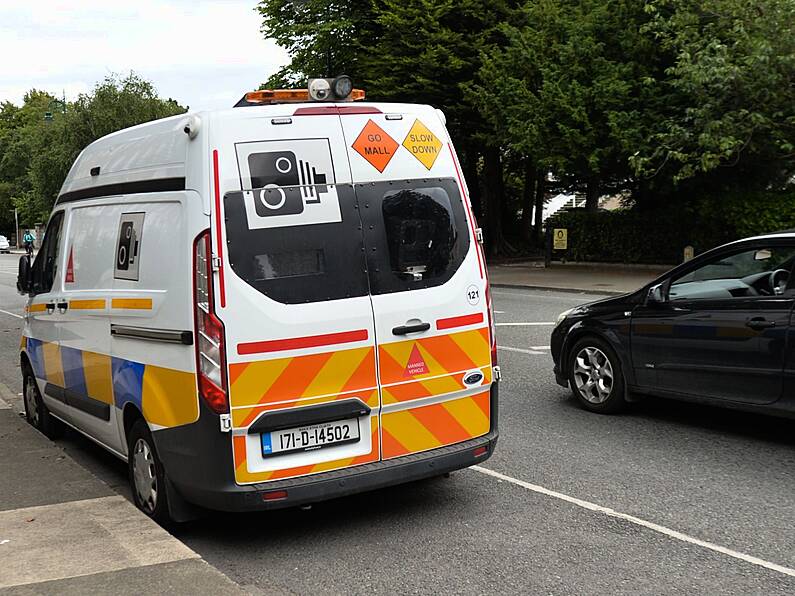By Eliza Haverstock
Craig Graffius started EcoGlass Straws 12 years ago, with three decades of glass-making experience and his vision for an alternative to the ubiquitous plastic straw. What he didn’t have was anyone clamouring for his product.
Today, his tiny, four-person shop in Hood River, Oregon, is gearing up to turn out 2,000 handcrafted glass straws an hour. That’s up from the current 125 an hour, or 1,000 a day.

EcoGlass’s surging output underscores the sweeping changes in the supply chain, as the straw emerges as a symbol of the world’s plastic trash crisis. With consumers searching for greener options, companies from Starbucks to McDonald’s to MGM Resorts International are responding.
“Everybody’s got to find a replacement,” said Mr Graffius, whose orders more than tripled in the past year, after a long struggle to convince buyers his wares were more than just a novelty. “We didn’t anticipate this happening. We were going to really hit the market,” but, instead, “it’s hitting us”, he said.
Plastic straws are just one example of how companies are being forced to adapt to changing public attitudes about the environment. For some, abandoning traditional plastic raises costs, threatens sales, and forces uncomfortable conversations with customers. Others see an opportunity for new business, with the rise in demand for alternatives.
The furore dates to a viral, 2015 video of marine biologists pulling a straw from deep inside the nose of a sea turtle. Then, in 2017, the ‘Strawless in Seattle’ campaign motivated cities to take action. The public outcry escalated and McDonald’s, Starbucks, and MGM have vowed to phase out their reliance on plastic straws globally.
While straws account for just .03% of the 8m metric tons of plastic that enters the ocean each year, according to a 2015 study, the disturbing images refocused the world’s attention on the problem.
“The anti-single-use-plastic movement is much bigger than those who identify as environmentalists,” said Maisie Ganzler, brand chief for Bon Appetit Management, a food-service chain that, in May, said it would stop using traditional plastic straws.
In recent months, countries in Europe have begun announcing bans or limits. As of the start of this month, Seattle became the first major US city to outlaw plastic straws, following similar measures by smaller towns along the east and west coasts. Even where laws haven’t changed, the public outcry has been pressuring companies to respond or risk alienating customers. That pressure travels up and down the supply chain.
Diamond Plastics co-founder and president, Mark Tolliver, has grown his straw-making business to more than 70 employees, from the five he started with, in 2008, in large part thanks to his first major customer: McDonald’s.
Now, his 73,000 square-foot plant, in Chicago, churns out plastic implements for customers, including five big fast-food companies.
Mr Tolliver started talking with McDonald’s about more environmentally friendly options a few years ago, as concerns about plastic trash gained traction. That sent him searching for a solution that wouldn’t turn his growing business upside down. Competing against a range of entirely different materials, such as glass, paper or metal, Best Diamond decided to stick with the material it knew best, but engineer it to quickly decompose.
Mr Tolliver teamed up with Smart Plastic Technologies, in Knoxville, Tennessee, where CEO, Tim Murtaugh, found success in recent years selling an additive that makes plastic grocery bags biodegradable, and has now adjusted the product to work for straws.
In the last six months, the drive for an alternative became more urgent, as he heard from all five of his big fast-food customers. Last month, McDonald’s announced it would be replacing plastic straws with paper in the UK and Ireland by 2019, and would start testing substitutes in the US, as well.
Mr Murtaugh says he’s seen a tenfold increase in inquiries for his additive, so far this year, including from many larger companies. “We’ve drawn their attention, they’re impressed with our technology, and we are now in what I would call the final phase of conversation about it,” he said.
Many plastic substitutes come with their own set of environmental problems, said Murtaugh. Paper straws have more carbon emissions when the entire manufacturing process is considered, and plant-based bioplastics are tricky, because they won’t break down if they’re not composted correctly, he said. Reuseable glass straws can be difficult to clean and are significantly more expensive up-front.
Nonetheless, those products are also seeing demand surge, in the wake of the plastic-straw controversy. The largest US paper-straw maker, Aardvark Straws, can’t keep up with the flood of demand, leaving some customers to wait three months for their orders to be filled.






